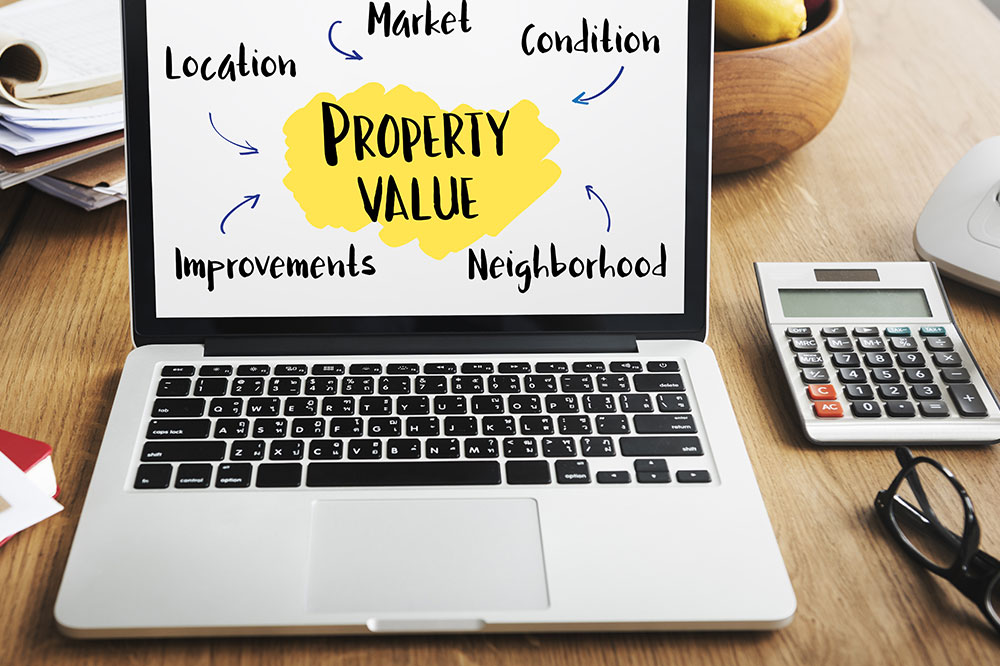Understanding Home Book Value: Purpose, Calculation Methods, and Tips
Learn about the significance of a home's book value, how to calculate it, and practical tips for accurate assessment. This guide explains the purpose of knowing your property’s book value, methods for calculation, and the importance of professional assistance. Understanding these aspects helps homeowners and investors make informed financial decisions, whether considering selling, buying, or refinancing property assets.
Sponsored

The book value of a property indicates its worth after accounting for depreciation or upgrades. It is a crucial metric in real estate for tax calculations and resale assessments. This value is derived from the property's historical purchase price, which can differ significantly from its current market value. Here's what you need to know about this important concept:
What is a home's book value?
The book value reflects a property's value after subtracting accumulated depreciation from its original purchase price.
For example, if you recently bought a home or asset, the purchase price is the initial book value. It represents the official valuation based on the original cost, including any improvements made, minus depreciation. The current market resale value, however, varies depending on local real estate trends.
Purpose
Calculating a property’s book value is essential when seeking external financing. It helps buyers understand the expected investment amount before exploring further options. Additionally, knowing the book value aids sellers in estimating the fair value of their property by comparing it with current market prices. This comparison shows if the property is over- or underpriced in the current market.
How to calculate
Suppose you purchased a property 20 years ago for $60,000 and spent $35,000 on renovations. Selling the home now, the combined value of the original purchase plus improvements is $95,000. To determine its book value, subtract accumulated depreciation (based on the property's age and depreciation rate). The formula is:
Book value = Original purchase price – total accumulated depreciation
Calculation tips
Tracking book value is vital for financial records. Record the original valuation upon purchase and create annual entries for depreciation expenses. When the book value drops below the current market value, asset impairment occurs. Professional appraisers or real estate experts can accurately determine the current book value of your property, whether it's a mobile home or traditional residence.
Consult the NADA Manufactured Housing Appraisal Guide, or blue book, to identify your home type.
Request an online value report by providing details such as construction year, size, location, condition, and special features like flooring or garage.
Self-assessment methods:
You can also estimate property value yourself by:
Comparing recent neighborhood sale prices.
Evaluating property condition, including foundation, roof, plumbing, and electrical systems.
Considering location advantages, such as proximity to amenities.
Reviewing tax statements for asset appreciation deductions.
Limitations
Remember, relying solely on book value might be misleading since it doesn’t account for neighborhood growth or market trends. The actual market value could be substantially higher, especially if area developments increase property desirability.
Thorough analysis and professional insights are recommended to accurately determine a property’s worth before buying or selling. Ultimately, book value reflects historic costs and depreciation, which can differ from current market conditions. Consulting experts ensures a well-informed financial decision.






